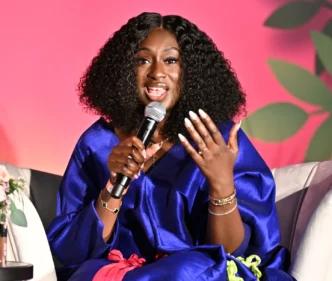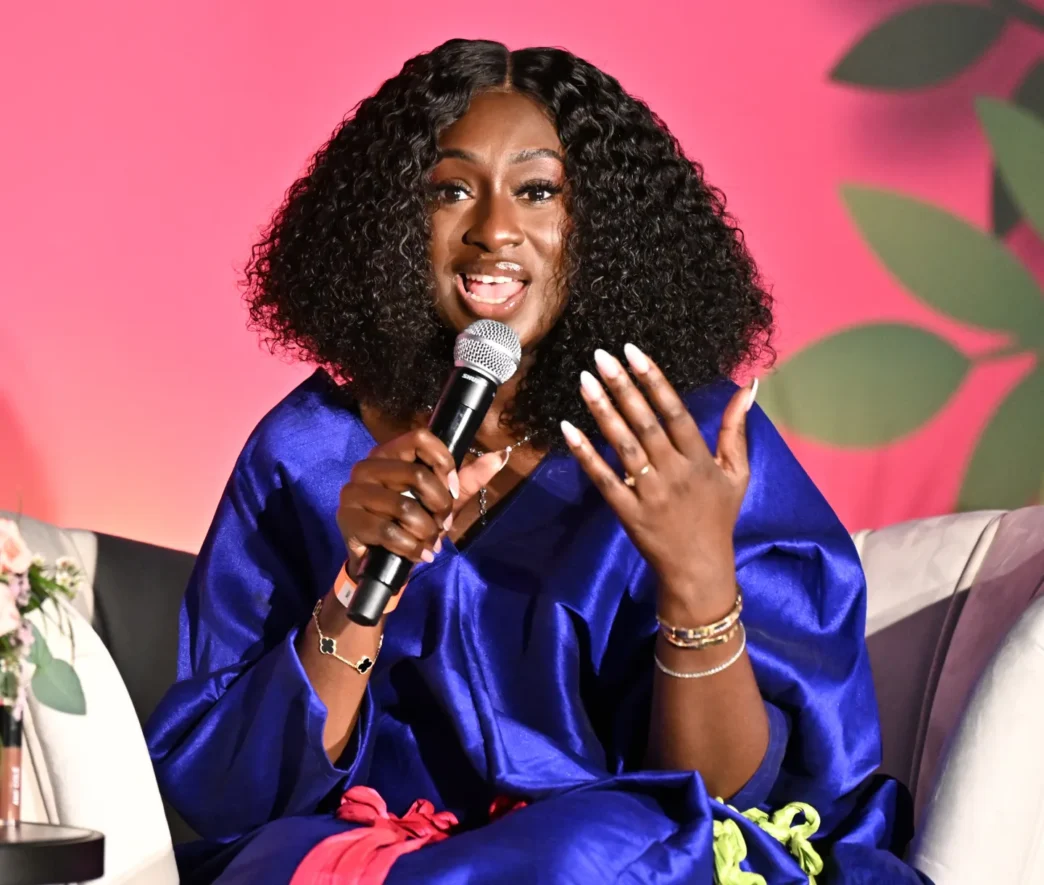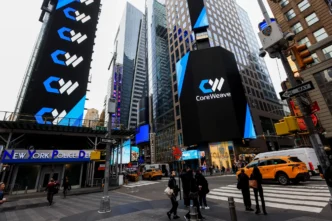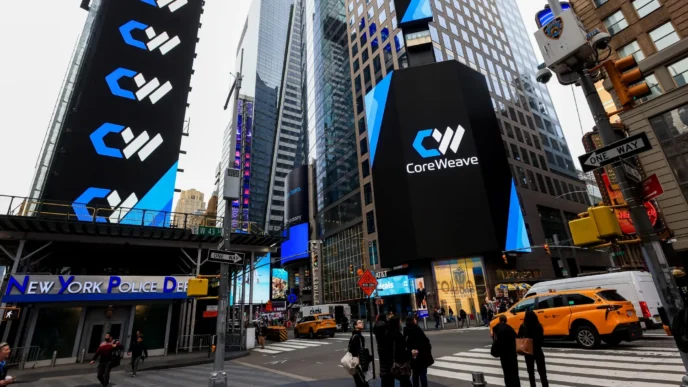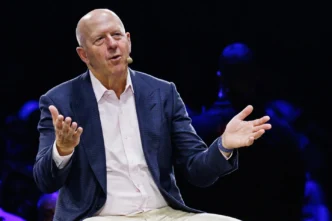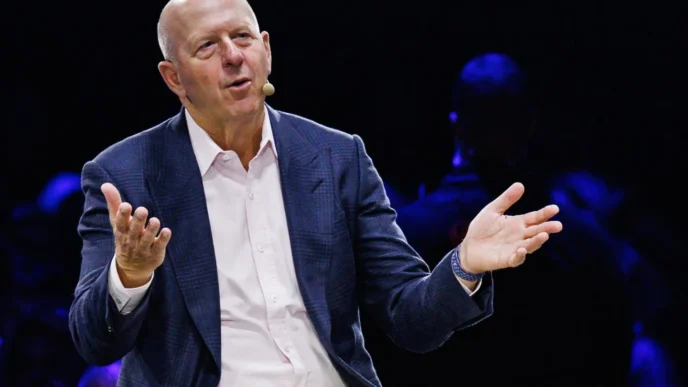Kim Kardashian’s shapewear and lifestyle brand Skims has made a strategic move that’s capturing attention across the beauty and fashion industries. The company has hired Diarra Ndiaye-Mbaye, the founder and CEO of acclaimed clean beauty brand Ami Colé, to head its newly launched Skims Beauty division.
The appointment is more than a personnel change — it’s a cultural statement. Ndiaye-Mbaye’s rise from independent founder to a leadership role within one of the world’s fastest-growing lifestyle empires represents a broader shift in how major companies are recognizing, recruiting, and incorporating the innovation and authenticity that have long defined Black-owned beauty brands.
At a time when consumers are demanding inclusivity, transparency, and representation, Skims’ decision highlights both the power and the untapped value that Black entrepreneurs bring to the global beauty landscape.
A Bold Hire From a Trailblazing Founder
Diarra Ndiaye-Mbaye launched Ami Colé in 2021, inspired by her Senegalese heritage and a mission to celebrate melanin-rich skin. Her brand quickly gained cult status for its minimalist formulas, clean ingredients, and authentic messaging that centered the lived experience of Black and brown women — not as an afterthought, but as the starting point.
Ami Colé’s tagline, “Beauty for us, by us,” struck a chord in an industry that for decades catered to narrow beauty ideals. Its product line — featuring lightweight skin tints, lip oils, and bronzers — earned critical acclaim and shelf space in retailers like Sephora and Credo.
Now, as she steps into her new role at Skims Beauty, Ndiaye-Mbaye brings not only her entrepreneurial success but also a deep understanding of community-driven brand building. Her appointment suggests that Skims’ long-anticipated entry into the cosmetics space will prioritize diversity, innovation, and accessibility — themes that have defined Ndiaye-Mbaye’s career.
“This move isn’t just about hiring a talented founder,” said beauty industry analyst Jessica Mathews. “It’s about Skims signaling that inclusivity isn’t a marketing play — it’s a strategic necessity.”
Skims’ Next Frontier: From Shapewear to Skinwear
Since its founding in 2019, Skims has become a global phenomenon, redefining shapewear with inclusive sizing, body-positive branding, and a minimalist aesthetic. The brand’s valuation surpassed $4 billion in 2024, and its recent expansion into men’s apparel has fueled continued growth and cultural relevance.
With beauty as its next frontier, Skims aims to leverage its brand equity — rooted in self-expression and confidence — to capture a share of the global $600 billion beauty market.
Insiders say the company plans to launch a range of skin-focused products, likely blending elements of skincare, body care, and cosmetics. Under Ndiaye-Mbaye’s leadership, the division will reportedly focus on formulations that enhance natural features and skin health, mirroring the philosophy that powered Ami Colé’s success.
“Skims is all about skin — how it looks, feels, and moves,” said one retail consultant. “Bringing in a founder whose brand celebrates natural beauty and melanin inclusivity is a strategic masterstroke.”
The Growing Influence of Black-Owned Beauty Brands
The hiring of a Black founder by one of the most prominent celebrity-led brands in the world underscores a critical evolution in the beauty industry: Black-owned brands are no longer niche — they are the innovators driving mainstream change.
Over the past decade, companies like Fenty Beauty, Pat McGrath Labs, Mented Cosmetics, and Ami Colé have redefined what inclusivity means — expanding shade ranges, rewriting marketing norms, and challenging long-standing Eurocentric beauty standards.
Their success has forced legacy corporations to adapt or risk irrelevance. In turn, major brands have begun partnering with or acquiring Black-founded businesses to infuse authenticity into their product lines and leadership teams.
“When you look at the brands that are truly moving culture, they often start within Black communities,” said Sharon Chuter, founder of UOMA Beauty. “The irony is that those same communities have historically been underrepresented in corporate boardrooms. That’s what this hire helps correct.”
A Lesson in Cultural Capital and Innovation
Black entrepreneurs in beauty have long served as cultural architects, shaping trends that later become industry standards — from inclusive shade development to viral marketing rooted in real stories rather than polished perfection.
These brands bring a level of cultural fluency and emotional intelligence that can’t be replicated by corporations through market research alone. They understand their consumers not as data points, but as communities with shared histories and aspirations.
Ami Colé’s marketing, for example, has always featured real people — artists, activists, and creatives — photographed in natural light, without filters or heavy editing. The approach resonated deeply with audiences craving authenticity in a market oversaturated with artifice.
“Black-owned beauty brands don’t just sell products,” said Iman Miller, editor at The Cut. “They sell belonging. That’s why larger companies like Skims are paying attention — because authenticity is the new currency.”
From Representation to Real Power
While diversity in branding has become more visible, true representation in executive leadership and ownershipremains limited. Black women make up a significant portion of beauty consumers, yet they remain drastically underrepresented in C-suites and investment portfolios.
By appointing Ndiaye-Mbaye to a leadership role, Skims is taking a step toward bridging that gap — not through tokenism, but through empowerment. Her leadership positions a Black founder not as an external consultant or collaborator, but as a decision-maker shaping global strategy.
“This is what progress looks like,” said Dr. Tiffany Gill, a historian of Black consumer culture. “It’s not just featuring Black faces in campaigns; it’s putting Black women in the rooms where business decisions are made.”
The Business Case for Inclusion
Beyond ethics and optics, there’s a clear financial logic behind this move. McKinsey & Company’s 2023 “Black Beauty” report estimated that Black consumers contribute over $6.6 billion annually to the U.S. beauty market — nearly 11% of total spending — yet Black brands represent only 2.5% of industry revenues.
This imbalance signals massive untapped opportunity. Companies that authentically invest in Black-owned businesses or integrate their leaders into product development stand to unlock significant growth and brand loyalty.
“Diversity is a business advantage, not a burden,” said Nicole Mason, president of the Institute for Women’s Policy Research. “When companies like Skims bring in talent with real cultural insight, they’re not doing charity — they’re future-proofing their brand.”
What It Means for the Future of Beauty
As the beauty landscape continues to evolve, Skims’ move may set a new precedent for how large brands approach inclusivity — not as an afterthought or marketing checkbox, but as a core strategy for innovation.
Under Ndiaye-Mbaye’s leadership, Skims Beauty is poised to combine the scientific rigor of a global brand with the soul and storytelling of indie beauty, potentially reshaping how consumers experience and define “skin confidence.”
For Black founders, the appointment represents validation — not just of their market impact, but of their leadership potential within the world’s most influential companies.
“Representation at this level changes everything,” said a former L’Oréal executive. “It tells the next generation of Black entrepreneurs that their creativity doesn’t have to remain independent to be powerful — it can scale globally.”
Conclusion: Beyond Symbolism, Toward Structural Change
Skims’ hiring of Diarra Ndiaye-Mbaye is more than a business move — it’s a reflection of where the beauty industry is headed. It acknowledges that the future of beauty is diverse, inclusive, and deeply informed by voices that were once marginalized.
Black-owned beauty brands have proven they can innovate faster, speak more authentically, and connect more deeply than many corporate incumbents. As global players like Skims begin to internalize that truth, the industry edges closer to real, lasting equity — not just in marketing campaigns, but in leadership and ownership.
For Ndiaye-Mbaye, it’s the next chapter in a journey that began with a belief that all skin deserves to be seen and celebrated. For the industry, it’s a reminder that the most valuable beauty isn’t just what’s sold — it’s who gets to shape it.

